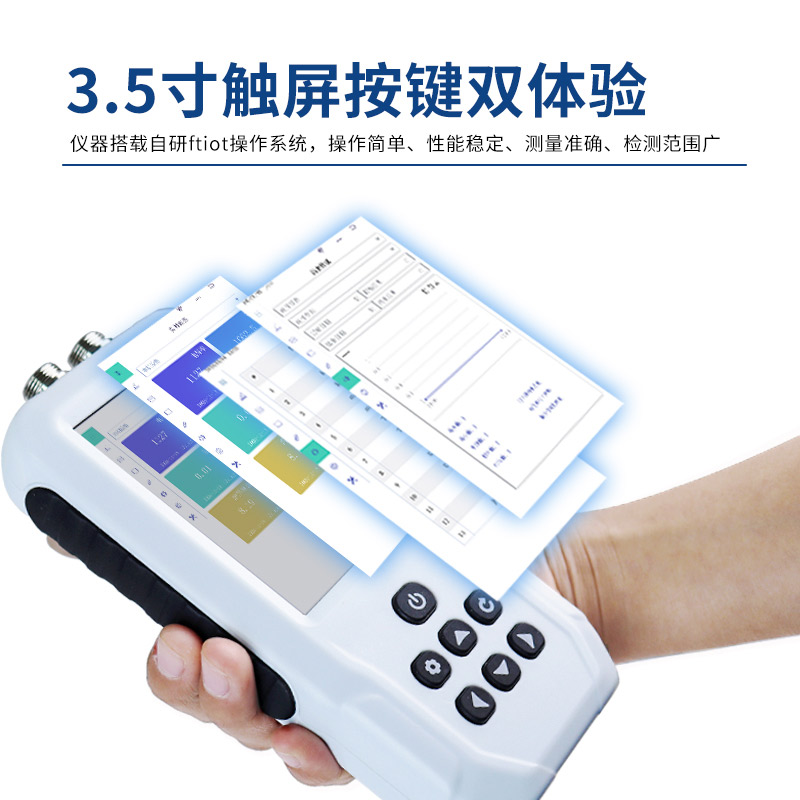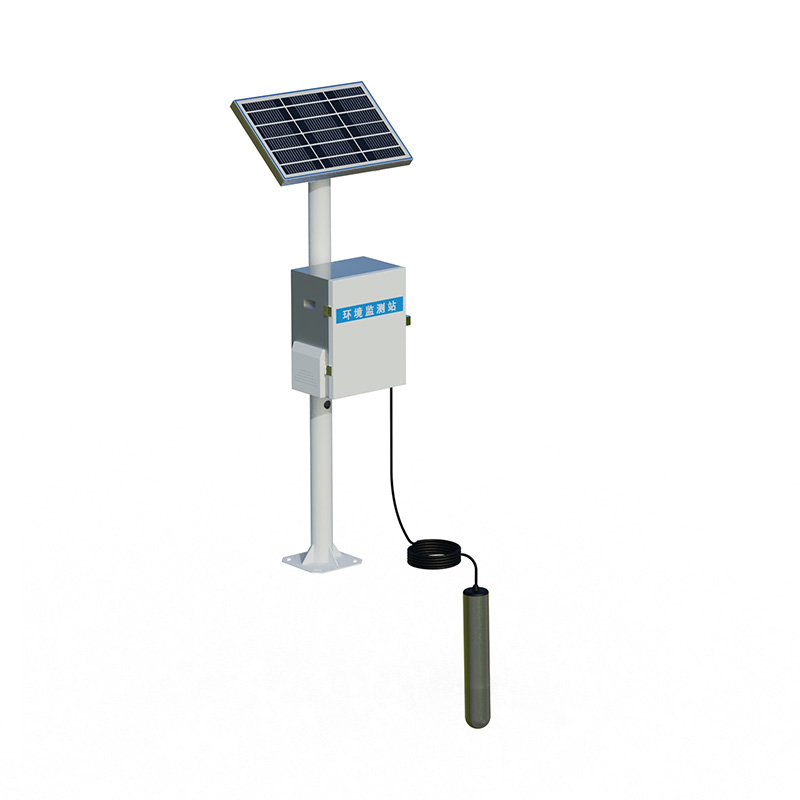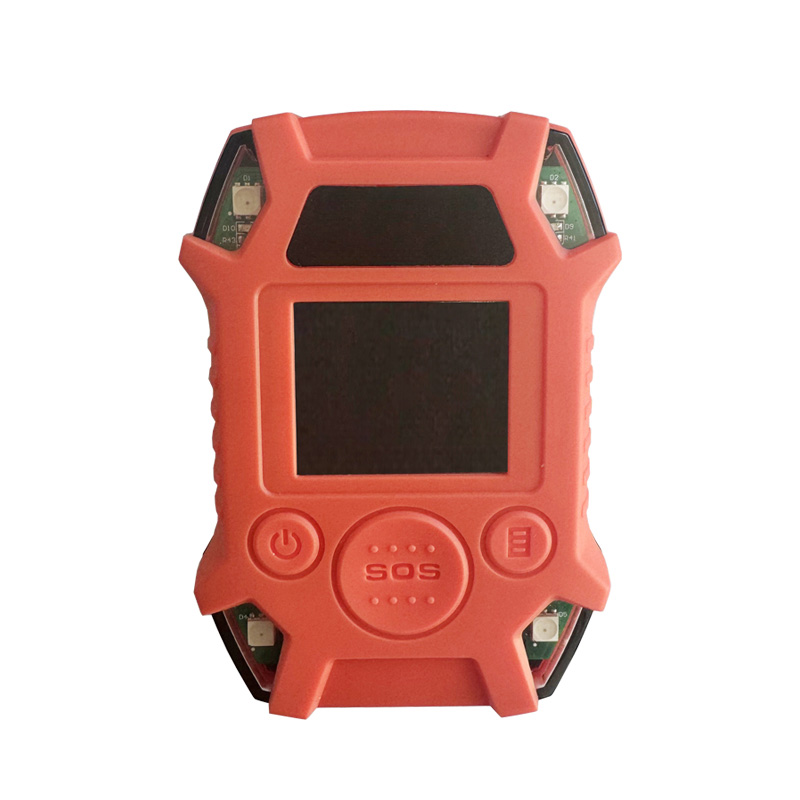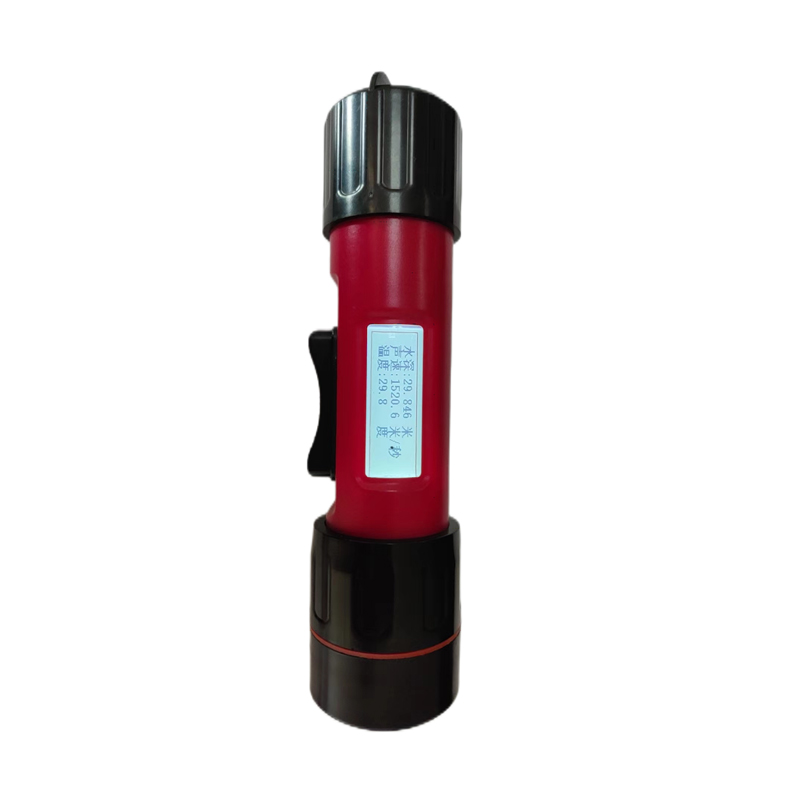In agricultural production, horticultural management, environmental monitoring, and scientific research, soil temperature and moisture content are two critically important parameters. Soil temperature directly influences seed germination, microbial activity, and the respiration and growth rates of plant root systems. Soil moisture, on the other hand, is fundamental for plant water absorption and photosynthesis, and also serves as the basis for irrigation control and water-saving agriculture. Accurately and conveniently obtaining these two sets of data holds irreplaceable significance for achieving precision agriculture, improving resource use efficiency, and ensuring high crop yield and quality.
Traditional methods for measuring soil temperature and moisture often suffer from cumbersome operations, poor timeliness, or low accuracy. To meet the high demands for data real-time capability and accuracy in modern agriculture, forestry, and scientific research, a professional measuring instrument with reliable performance and simple operation is essential. Here, we recommend Fengtu Technology's FT-WS1 Soil Temperature and Moisture Meter.
The FT-WS1 Soil Temperature and Moisture Meter is a professional measuring device that integrates modern sensing technology with a portable design concept. It can quickly and simultaneously measure and display the soil's volumetric water content percentage and temperature value.
Its overall structure is compact, lightweight, and easy to carry. The integrated probe can be easily and quickly inserted into the soil to be measured, minimizing disturbance to the soil's original structure and thus ensuring the representativeness of the sampled data. The measurement process is very straightforward: after insertion into the soil, the user simply presses a single button, and the clear, easy-to-read LCD screen immediately displays the current soil moisture and temperature readings.
The FT-WS1 has a wide range of applicable scenarios. It proves useful for diagnosing water stress and guiding irrigation in field crops like wheat and corn; for the precise management of economic trees in orchards and tea plantations; for environmental regulation within greenhouses; for moisture monitoring in landscaping and lawn maintenance; and for related research projects in soil science, ecology, and meteorology conducted by universities and research institutes.

This paper addresses:https://www.fengtusz.com/industry/882.html









